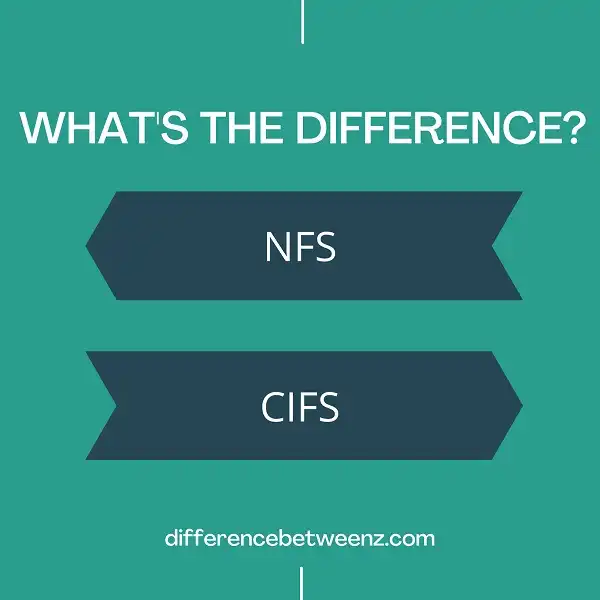Nearly every organization has a diverse set of computer systems that need to communicate with each other. For years, the two most popular methods for sharing files between systems have been NFS and CIFS. While both technologies are effective at sharing files, they have their own unique advantages and disadvantages. In this blog post, we compare and contrast NFS and CIFS, so you can decide which is best for your organization.
What is NFS?
NFS, or the Network File System, is a distributed file system that allows for shared access to files and resources across a network. NFS is most commonly used in Unix-based systems and allows users on different machines to connect to and access files stored on a central server. NFS is generally much faster than other file-sharing protocols and can be easily configured to allow for different levels of access to different users. NFS is an essential tool for many organizations and has become increasingly popular in recent years.
What is CIFS?
CIFS (Common Internet File System) is a proprietary protocol that allows users to access files over a network. CIFS is based on the SMB (Server Message Block) protocol, which was developed by Microsoft. CIFS is supported by most Windows-based operating systems, as well as some Unix-based systems. CIFS is typically used for file sharing, printer sharing, and accessing remote desktops. CIFS is a preferred protocol for many organizations because it is easy to set up and use. CIFS is also very reliable and provides good performance even over slow network connections.
Difference between NFS and CIFS
NFS (Network File System) is a network file protocol used to share files and directories between computers on a network. NFS is designed to be platform-independent, allowing users to access files on any NFS-enabled device, regardless of the operating system. CIFS (Common Internet File System) is another network file protocol, similar to NFS. However, CIFS is designed to be compatible with Windows systems. As a result, CIFS is often the preferred protocol for sharing files between Windows computers. NFS can also be used to share files between Windows and other operating systems, but CIFS is generally considered to be more reliable in this environment.
Conclusion
In conclusion, NFS is a more reliable and faster protocol for sharing files between systems. If you are looking to set up a networked file system, we recommend using NFS. However, if you are already using CIFS and have no problems with it, there is no need to switch.


